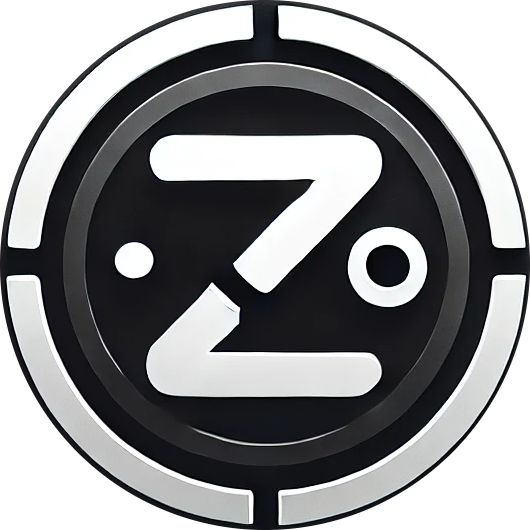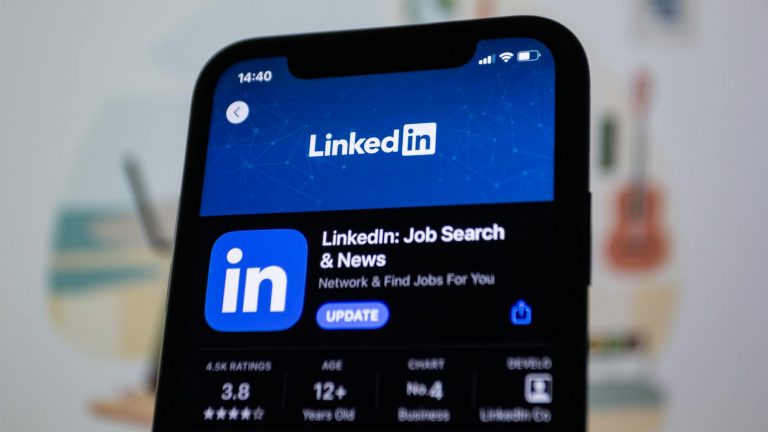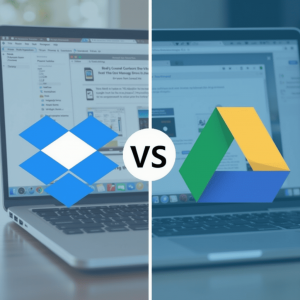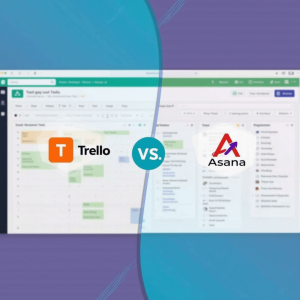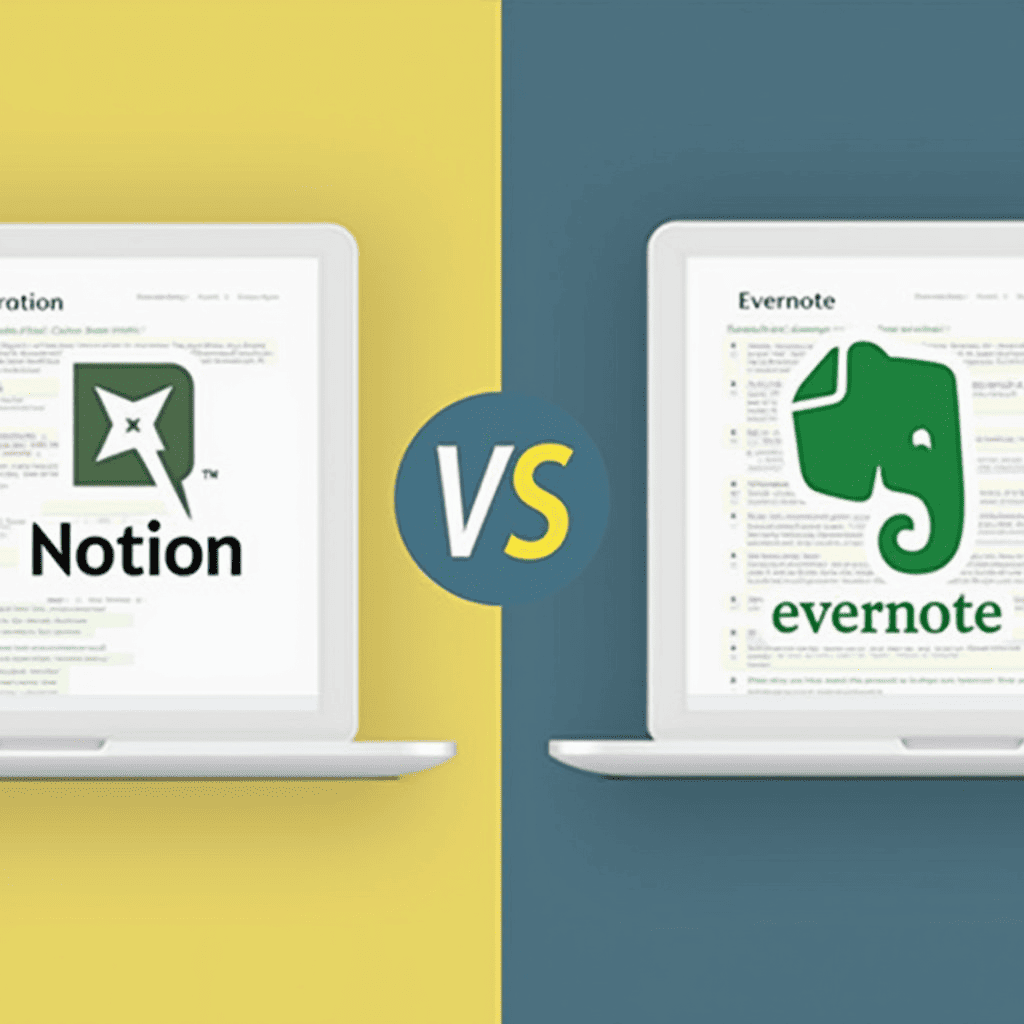
Did you know the average knowledge worker spends over 9 hours per week searching for information they’ve already found before? That’s more than an entire workday lost to digital disorganization. In our increasingly complex digital lives, choosing the right note-taking system isn’t just about convenience—it’s about reclaiming hours of your life each week.
Notion and Evernote stand as two titans in the personal knowledge management space, each with passionate user bases who swear their choice has revolutionized their productivity. But beneath the passionate Reddit debates and YouTube productivity gurus lies a more nuanced reality: these tools approach the fundamental problem of digital note-taking from dramatically different philosophical angles.
Whether you’re a student managing research papers, a professional juggling multiple projects, or a creative organizing your ideas, this comprehensive comparison will help you understand which of these powerful tools actually aligns with your specific workflow needs, organizational style, and long-term productivity goals.
Evernote: The Digital Filing Cabinet
Since its launch in 2008, Evernote has operated on a fundamental premise:
- Your brain needs an external, searchable repository for information
- Notes should be captured quickly with minimal friction
- Organization comes through notebooks, tags, and powerful search
- The system should feel familiar and require minimal setup
- Focus on capturing information rather than creating structure
Evernote essentially functions as a digital extension of your memory—a place to store anything you might need later with the confidence you can find it.
Notion: The Flexible Workspace
Launched in 2016, Notion represents a different philosophy:
- Your digital workspace should be moldable to your exact needs
- Structure and interconnection between information is as important as the content
- Notes, databases, and workflows should live in an integrated system
- The tool should adapt to your organizational style, not vice versa
- Customization is worth the initial investment in setup time
Notion functions less as a repository and more as an operating system for your knowledge—a place to build personalized systems that reflect how you think.
Interface and Design
Evernote’s Interface
Evernote maintains a traditional, three-panel interface:
- Left sidebar for notebooks and tags
- Middle panel for note listings
- Right panel for note content
- Familiar toolbar with formatting options
- Minimal customization beyond light/dark modes
- Consistent experience across platforms
This approach prioritizes immediate familiarity and reduces decision fatigue, though it can feel limiting to power users.
Notion’s Interface
Notion takes a significantly different approach:
- Block-based editing system
- Flexible page layout with drag-and-drop capability
- Nested pages for unlimited organizational depth
- Customizable workspace with multiple view options
- Toggle features to show/hide content sections
- Minimalist aesthetic with focus on content
The flexibility enables highly personalized workspaces but requires more initial decisions and ongoing management.
Note Organization Systems
Evernote Organization
Evernote uses a traditional hierarchical system:
- Notes are contained within notebooks
- Notebooks can be grouped into stacks
- Tags can be applied across notebooks for cross-referencing
- Shortcuts for frequently-accessed notes
- Date-based organization and filtering
- Recently captured items section
This structure provides clear organization with moderate flexibility.
Notion Organization
Notion employs a page-based system with multiple dimensions:
- Pages can contain other pages with unlimited nesting
- Databases can organize content with custom properties
- Multiple views of the same information (board, calendar, table, etc.)
- Toggle lists for progressive disclosure
- Cross-linking between any pages
- Relational databases for complex information structures
This approach offers tremendous flexibility but requires more active curation.
Content Creation Experience
Writing in Evernote
Evernote focuses on straightforward note capture:
- Traditional word processor-like interface
- Rich text formatting with standard options
- Tables and simple checklists
- Handwriting support on mobile and tablets
- Audio notes and image capture
- Sketching capabilities on mobile
The experience prioritizes getting information down quickly with minimal friction.
Writing in Notion
Notion’s block-based approach transforms writing:
- Every paragraph, image, or element is a distinct block
- Blocks can be easily rearranged, converted, or nested
- Markdown support for keyboard-driven formatting
- Slash commands for quick insertion of elements
- Toggle blocks for expandable sections
- Embedding capabilities for rich media
This system offers more powerful organization within documents but requires adjusting to the block paradigm.
Knowledge Base Capabilities
Evernote as a Knowledge Base
Evernote excels at individual note management:
- Strong search capabilities across all content
- OCR for finding text in images and documents
- Web clipper for saving articles and pages
- Auto-generated note links
- Table of contents within long notes
- Simple internal linking between notes
These features work best for personal reference collections rather than highly structured knowledge bases.
Notion as a Knowledge Base
Notion is designed for interconnected information:
- Wiki-like linking between any pages
- Relational databases for structured information
- Custom properties for detailed categorization
- Multiple views of the same information
- Databases as content blocks within other pages
- Embeddable content from other pages
This approach creates a more comprehensive knowledge management system at the cost of additional setup.
Web Clipping and Information Capture
Evernote’s Capture Tools
Evernote built its reputation on frictionless capture:
- Industry-leading web clipper with multiple formats
- Email-to-note functionality
- Document scanning with OCR
- Camera capture with automatic enhancement
- Audio notes with transcription
- Integration with various third-party services
The focus on quick capture remains one of Evernote’s strongest advantages.
Notion’s Capture Approach
Notion has gradually improved its capture capabilities:
- Basic web clipper for full pages or simplified articles
- Share-to-Notion on mobile
- API connections for automated capture
- Database templates for systematic information gathering
- Chrome extension for quick additions
- Copy-paste preservation from many sources
While improving, Notion’s capture workflow still requires more manual steps than Evernote’s.
Search and Retrieval
Evernote Search Capabilities
Evernote’s search has been refined over many years:
- Full-text search across all content
- OCR search in images and PDFs
- Advanced search syntax for precise queries
- Saved searches for common queries
- Search suggestions as you type
- Context-aware search results
These features make Evernote exceptionally strong for retrieval of information.
Notion Search Approach
Notion’s search continues to evolve:
- Quick-find for pages and databases
- Full-text search within your workspace
- Filter views in databases for structured information
- Relation properties for connected information
- Search operators for refined queries
- Recently visited pages section
Notion’s search works well for structured information but can be less effective for finding specific content within lengthy notes.
Templates and Databases
Evernote Templates
Evernote offers a template system with limitations:
- Gallery of pre-made templates
- Save any note as a template
- Basic form fields
- Checklists and tables
- Limited customization options
- No relational capabilities
These templates help with routine note creation but lack advanced functionality.
Notion’s Database System
Notion’s databases represent a core strength:
- Multiple view types (table, calendar, kanban, list, gallery)
- Custom properties with various data types
- Relations between databases
- Formulas for automated calculations
- Filters and sorts for customized views
- Templates for database items
This system enables Notion to function as a lightweight productivity suite rather than just a note-taking app.
Collaboration Features
Evernote Collaboration
Evernote’s collaboration focuses on sharing:
- Share notebooks with viewing or editing permissions
- Work chat for discussions
- Activity feed to track changes
- Space concepts for team organization (Business plan)
- Annotation capabilities for feedback
- Simultaneous editing with sync
These features work well for basic collaboration but lack advanced capabilities.
Notion Collaboration
Notion was built with collaboration in mind:
- Real-time collaborative editing
- Comments and discussions within documents
- @mentions for team communication
- Page history with version comparison
- Granular permission settings
- Team wikis and shared workspaces
For team environments, Notion’s collaborative capabilities offer significant advantages.
Mobile Experience
Evernote on Mobile
Evernote provides a comprehensive mobile experience:
- Quick capture widgets and shortcuts
- Document scanning with automatic enhancement
- Handwriting support
- Offline access to selected notebooks
- Apple Watch integration
- Context-based note suggestions
The mobile apps prioritize capture over complex organization.
Notion on Mobile
Notion’s mobile experience has improved significantly:
- Access to your full workspace
- Block editing capabilities
- Multiple view options for databases
- Offline access to recently viewed pages
- Share extension for capturing content
- Dark mode and customizable appearance
While functional, the mobile experience remains better suited to consumption and light editing than extensive creation.
Offline Access
Evernote Offline Capabilities
Evernote’s offline approach is notebook-based:
- Select notebooks for offline access
- Automatic background syncing when connected
- Search within offline notebooks
- Create and edit notes while offline
- Conflict resolution for sync issues
- Premium feature on mobile devices
This system works well for predictable offline needs.
Notion Offline Approach
Notion’s offline capabilities are more limited:
- Recently accessed pages available offline
- Create and edit while offline
- Sync when connection is restored
- Potential conflicts require manual resolution
- No selective syncing of sections
- Performance can degrade with large workspaces
For users who frequently work offline, this represents one of Notion’s notable limitations.
Integration Ecosystem
Evernote Integrations
Evernote connects with numerous services:
- Google Drive, Outlook, and Microsoft Teams
- Salesforce and CRM systems
- Calendar apps and task managers
- Gmail and email clients
- IFTTT and Zapier for automation
- Scanner apps and document processors
These integrations focus on getting information into Evernote from various sources.
Notion Integrations
Notion’s integration approach is evolving:
- Native integrations with tools like Slack and GitHub
- Embed functionality for various content types
- API for custom integrations
- Zapier and Automate.io connections
- Import from Evernote, Trello, and Asana
- Export options to various formats
Notion’s API has expanded its integration capabilities, though they remain less extensive than Evernote’s.
Pricing and Value
Evernote Pricing Structure
Evernote offers several tiers:
- Free: 60MB monthly upload limit, sync on 2 devices, 25MB note size
- Personal: $7.99/month for 10GB monthly uploads, unlimited devices
- Professional: $9.99/month with additional features like searching text in PDFs
- Teams: $14.99/user/month with collaborative tools
The free tier has become increasingly limited, pushing users toward paid plans.
Notion Pricing Model
Notion takes a different approach:
- Free Personal: Unlimited pages and blocks, file uploads up to 5MB, 7-day page history
- Personal Pro: $4/month for unlimited file uploads, 30-day page history, and more
- Team: $8/user/month with collaborative features
- Enterprise: Custom pricing with advanced security and admin tools
Notion’s free tier is substantially more generous for individual users.
Value Comparison
In terms of value:
- Evernote offers better capture tools and OCR capabilities
- Notion provides more functionality beyond note-taking
- Evernote’s free tier is severely limited compared to Notion’s
- Notion’s Personal Pro plan is more affordable than Evernote Personal
- Evernote includes more storage in paid plans
- Notion offers more flexibility in how you use the platform
Performance and Reliability
Evernote Performance
Evernote’s performance has varied over time:
- Generally stable with occasional sync issues
- Faster note loading for individual notes
- Can become sluggish with very large notebooks
- Better handling of large attachments
- More consistent performance across platforms
- Well-established infrastructure with predictable behavior
Long-term users have experienced both improvements and regressions in performance.
Notion Performance
Notion’s performance continues to evolve:
- Initial load times can be slower, especially for large workspaces
- Block-based editing remains smooth even in complex documents
- Occasional lag when working with large databases
- Performance improves with recent infrastructure investments
- Mobile apps have become more responsive
- Sync reliability has improved significantly
As Notion has grown, its performance has generally improved but can still struggle with very large workspaces.
Learning Curve
Evernote Learning Experience
Evernote’s familiar paradigm eases adoption:
- Traditional note-taking interface requires minimal learning
- Progressive discovery of advanced features
- Extensive documentation and tutorials
- Consistent experience across devices
- Similar to standard document applications
- Quick productivity with minimal setup
Most users can become productive with Evernote almost immediately.
Notion Learning Journey
Notion requires more initial investment:
- Block-based editing requires adjustment
- Database concepts have a learning curve
- Vast customization options can be overwhelming
- Template gallery helps with inspiration
- Strong community sharing setups and approaches
- Rewards investment with powerful capabilities
The learning curve is steeper but typically rewards the effort with greater capability.
Best Use Cases
When Evernote Excels
Evernote provides superior value for:
- Rapid information capture and retrieval
- Research collection and organization
- Document scanning and management
- Students taking lecture notes
- Professionals who need reliable offline access
- Users who prefer minimal setup and maintenance
- Those who prioritize capturing over organizing
When Notion Shines
Notion offers compelling advantages for:
- Project management and tracking
- Knowledge base creation and management
- Team wikis and collaborative documentation
- Personal dashboards and life management
- Content creators planning and organizing work
- Users who enjoy building custom systems
- Those who want a single tool for notes, tasks, and projects
Final Recommendations
The right choice depends largely on your specific needs and working style:
Choose Evernote if:
- Information capture speed is your top priority
- You need powerful OCR and document scanning
- Reliable offline access is essential
- You prefer a traditional note-taking approach
- Searching through large collections of notes is important
- You want something that works well out of the box
- You’re primarily storing reference materials and research
Choose Notion if:
- You want to build a personalized productivity system
- Connecting information in multiple ways is important
- Visual organization and customization matter to you
- You need database functionality beyond simple notes
- Team collaboration is central to your workflow
- You prefer an all-in-one approach to productivity
- You enjoy setting up systems that match your thinking
Many productivity enthusiasts actually maintain both tools: using Evernote for rapid capture and research collection, while using Notion for project management and knowledge organization. This hybrid approach leverages the strengths of each platform while minimizing their limitations.
FAQ
Can I migrate my notes from Evernote to Notion?
Yes, Notion offers a built-in Evernote importer that preserves most content and formatting. However, some elements like certain attachments, some formatting, and the tag structure may not transfer perfectly. The process works best for text-heavy notes and simpler notebooks.
Which has better search capabilities?
Evernote’s search is generally more powerful for finding content within notes, especially with its OCR capabilities for searching text in images and PDFs. Notion‘s strength lies in structured search through database properties and relations, making it better for organized information but less powerful for finding specific content in large documents.
Can I use either tool for task management?
Both can be used for tasks, but with different approaches. Evernote offers basic checklists and reminders but lacks robust task management features. Notion can be configured into sophisticated task management systems with custom views, priorities, and workflows through its database functionality, making it significantly stronger for this use case.
How do they compare for academic research?
Evernote’s strengths in web clipping, document scanning, and search make it excellent for collecting research materials. Notion excels at organizing research into structured formats, creating literature reviews, and connecting concepts through its relational databases. Many academics use Evernote for collection and Notion for synthesis and writing.
What about privacy and security?
Both platforms offer encryption and security measures. Evernote has experienced security incidents in the past but has since improved its protocols. Notion has strengthened its security posture over time, adding features like SSO and advanced permissions. Neither platform offers end-to-end encryption, meaning the companies could theoretically access your data if required by law.
Can I access my notes if either company shuts down?
Both platforms offer export options. Evernote allows exporting to ENEX format or HTML files. Notion can export to HTML, CSV, and Markdown formats. While these exports preserve content, they may not maintain all organizational structures, especially in Notion’s more complex setups.
